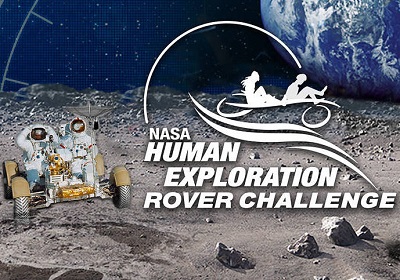Washington, (Samajweekly) Seven Indian student teams including three high school groups will participate in the prestigious NASA Human Exploration Rover Challenge (HERC) 2024 in the US.
The teams are from the Birla Institute of Technology and Science-Pilani, Goa Campus; Candor International School, Bengaluru; Kanakia International School, Mumbai; KIET Group of Institutions, Delhi-NCR; Punjab Engineering College, Chandigarh; Vellore Institute of Technology, Chennai; and Young Mind Research and Development, Faridabad.
These are among 72 others from 13 nations around the world that will compete in the engineering design challenge to build human-powered rovers.
The HERC, celebrating its 30th anniversary in 2024, tasks the students to design, build, and test lightweight, human-powered rovers on an obstacle course simulating lunar and Martian terrain, all while completing mission-focused science tasks.
“Throughout this authentic learning challenge, NASA encourages students to improve their understanding of collaboration, inquiry, and problem-solving strategies,” said Vemitra Alexander, rover challenge activity lead, Office of STEM Engagement at NASA Marshall.
“Improving these critical real-world skills will benefit our students throughout their academic and professional careers,” Alexander added.
In the HERC 2023, 11 student teams represented India at the international competition. Of the new teams from India, VIT Chennai, BITS Pilani, Rajasthan and Amity Noida, KIET Group of Institutions, featured in the 2023 challenge as well.
Throughout the nine-month challenge, students will complete design and safety reviews to mirror the process used by NASA engineers and scientists. The agency also incorporates vehicle weight and size requirements encouraging students to consider lightweight construction materials and stowage efficiency to replicate similar payload restrictions of NASA launch operations.
Teams earn points throughout the year by successfully completing design reviews and fabricating a rover capable of meeting all criteria while completing course obstacles and mission tasks. The teams with the highest number of points accumulated throughout the project year will win their respective divisions.
The challenge will conclude with an event on April 19 and 20, 2024, at the US Rocket and Space Center in Alabama. The competition is one of nine Artemis Student Challenges and reflects the goals of NASA’s Artemis programme, which includes landing the first woman and first person of colour on the Moon.








